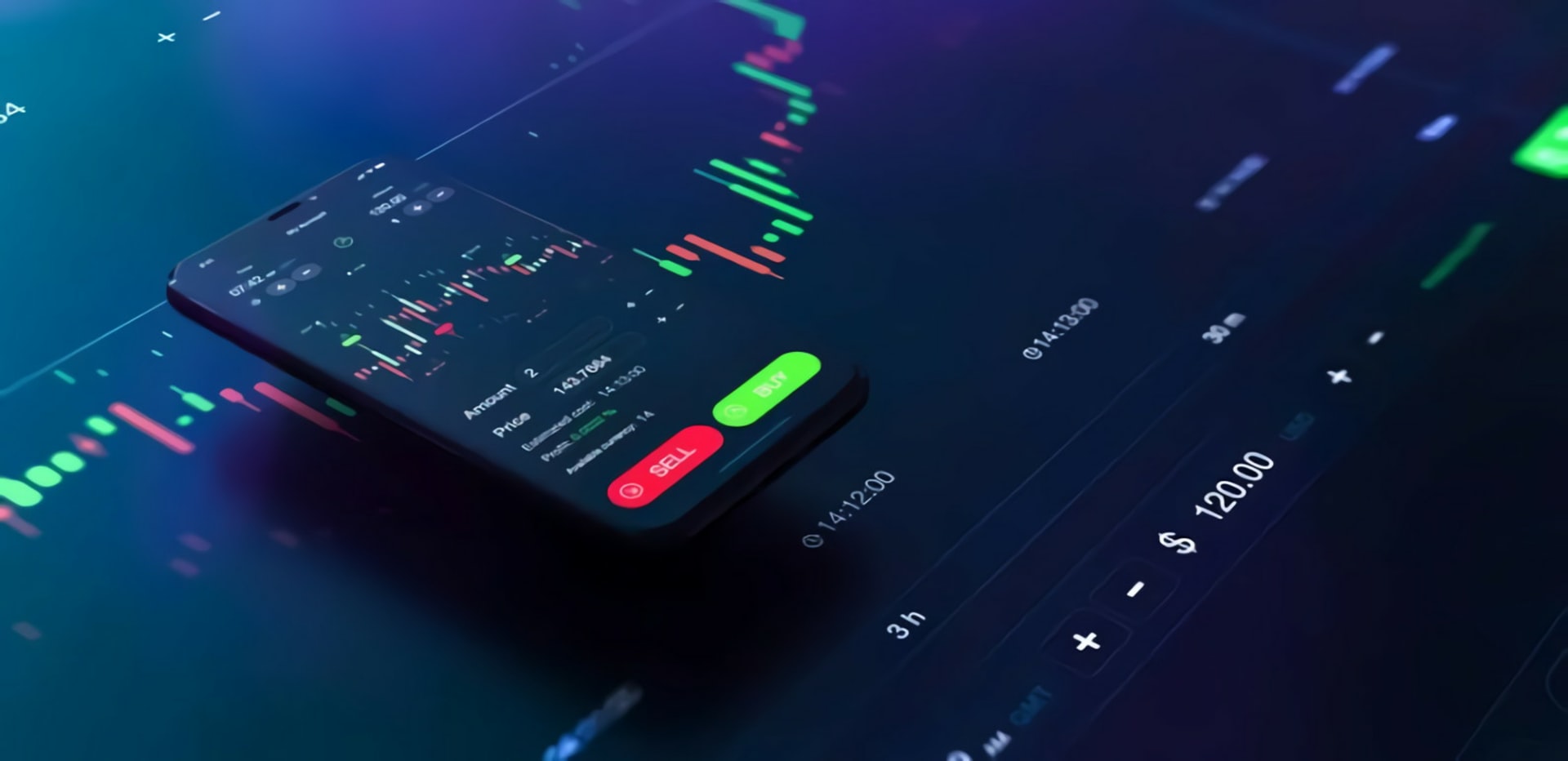How To Create A Futures Trading Plan In The UK
When it comes to futures trading, many people feel overwhelmed. After all, the concept of trading derivatives can be confusing and complex. However, with some background information and careful planning, futures trading can be a profitable endeavour.
Author:Alex MercerReviewer:Nathanial BlackwoodMay 27, 202214 Shares505 Views

When it comes to futures trading, many people feel overwhelmed. After all, the concept of trading derivatives can be confusing and complex. However, with some background information and careful planning, futures trading can be a profitable endeavour.
In essence, futures are contracts that allow traders to exchange the difference in prices between an asset and its future price. For instance, if you believe that the price of oil will rise in the future, you could buy a futures contract for oil. If the oilprice rises as you predicted, you would then sell your contract at a profit. Conversely, if the price falls below your expectations, you would lose money on the trade.
One of the benefits of futures trading is that it allows traders to take advantage of price movements without purchasing the underlying asset. For instance, if you believe that the price of gold will rise, you could buy a futures contract for gold. If the price of gold rises as you predicted, you would then sell your contract at a profit. However, if the price falls below your expectations, you would lose money on the trade.
You can trade futures through several platforms, including online brokers and exchanges. When choosing a platform, it is essential to consider commissions, margin requirements, and minimum trade sizes.
Determine the strategy you want to use
Before starting trading futures, you need to determine the strategy you want to use. You can use various strategies, including trend following, breakout trading, and arbitrage. Each strategy has its strengths and weaknesses, so you need to find one that matches your personality and risk tolerance.
What do you want to achieve?
It would help to also have a clear goal in mind. Are you looking to make a quick profit, or are you looking to build long-term wealth? To achieve your goals, you need to identify and trade with the right market trends. Click here to have a look at the futures market.
Do your research
One of the most critical aspects of futures trading is doing your research. Make sure you understand the asset you are trading and the market conditions, including studying price charts and understanding indicators such as moving averages and Bollinger bands.
Determine your risk management strategy
Before starting trading, you need to determine your risk management strategy, including setting stop losses and limits on your trades. Remember, it is important never to exceed your risk tolerance, no matter how tempting a trade may seem. Your risk management strategy should include rules for both buying and selling.
Choose the assets you want to trade
Not all assets are available for futures trading. To trade futures, you need to choose an asset listed on a futures exchange. The most popular assets for futures trading include commodities, stocks, and currencies.
Learn about the products you want to trade
Before you start trading, it is crucial to learn about the products you want to trade. It includes understanding the contract specifications and how the market works. You can learn about products by reading broker guides, watching educational videos, and consulting several available online resources, including Investopedia and the Chicago Board of Trade.
Draft a trading plan
Once you understand the basics of the products you want to trade, it is time to draft a trading plan. Your plan should outline your goals, strategies, and risk management procedures. It is essential to stick to your trading plan once it is in place.
Open an account
You need to open an account with a broker or exchange to trade futures. When choosing a platform, it is essential to compare the features of different platforms. Some factors you should consider include commissions, margin requirements, and minimum trade sizes.
Demo trade
Before trading with actual money, it is important to demotrade. It will allow you to test your strategies without risking any money. Most brokers offer demo accounts, so be sure to take advantage of this feature. You can also test your trading plan's success with a demo account. If needed, you can make changes before using it when trading live.

Alex Mercer
Author
Alex Mercer is a seasoned author and analyst specializing in wealth research, with a keen focus on evaluating the net worth of individuals across various industries. With over a decade of experience in financial analysis and wealth assessment, Alex has developed a nuanced understanding of the factors that contribute to an individual's financial status, from investments and assets to market trends and economic policies. His work involves in-depth reviews and analyses, providing insightful observations on wealth accumulation, management strategies, and the socio-economic implications of wealth distribution.
Throughout his career, Alex has become known for his ability to distill complex financial data into understandable and engaging narratives, making the subject of wealth and net worth accessible to a broad audience. His expertise is not just in numbers but in telling the stories behind them, highlighting the journeys, strategies, and decisions that lead to financial success or challenges. Alex's contributions to the field of wealth research are valuable resources for anyone looking to understand the dynamics of wealth in today's world, offering a unique perspective that bridges the gap between financial analysis and human interest.

Nathanial Blackwood
Reviewer
Nathanial (Nate) Blackwood is a distinguished financial journalist with a decade of experience in net worth analysis. He holds an Economics degree from the University of Finance and a Data Analysis certification, enabling him to blend thorough insights with engaging storytelling. Nate is known for making complex financial information accessible to a wide audience, earning acclaim for his precise and reader-friendly analyses. Beyond his writing, Nate is dedicated to financial literacy, actively participating in educational forums and workshops.
He is the founder of PureNetWealth, a platform that demystifies the financial achievements of public figures by exploring the strategies and decisions behind their fortunes. Nate's work bridges the gap between intricate economic concepts and the general public, inspiring a deeper understanding of wealth dynamics. Follow Nathanial Blackwood for essential insights into the financial narratives shaping our world.
Latest Articles
Popular Articles